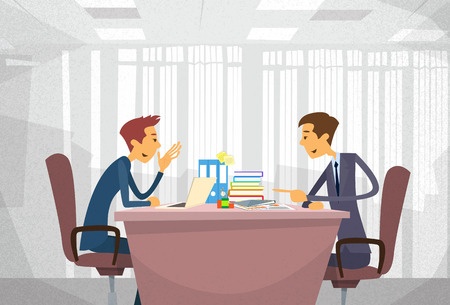
As a freelance editor, I’m lucky to work on some interesting books and journal material as well as dull and tedious stuff. I sometimes come across something that I would like to share, but resist the temptation, as publishers and authors naturally don’t like the contents of books, etc. to be disclosed before publication. I once landed myself in hot water by blabbing.
Back in 2000 I was working on a massive job: a six-volume reference resource on Irish history, containing millions of words, which included biographies of the 2,000 or so members of the 18th-century Irish parliament. Its author (now deceased) saw it, quite reasonably, as her life’s work, and her attitude was highly proprietorial: she resented the least change and fought tooth and nail to keep her prose exactly as she had written it, even when it contained mistakes. (I remarked to the publisher: “Her style of responding to specific comments/queries tends to be dismissive, and often highly indignant.”)
I happened to be chatting one day to a casual acquaintance with an interest in history. He mentioned that a friend of his was descended from a couple of the 18th-century MPs and would be extremely interested in seeing the potted biographies of his ancestors. I thought, “What harm can it do?” and showed him the two short biographies (the ancestors were not major figures).
A dilemma arose for me when the descendant noticed a couple minor errors of fact. I couldn’t correct them without consulting the author, and I couldn’t consult the author without disclosing that I had shown a small part of her work to a third party.
The easy thing would have been to ignore the descendant’s intervention and let the errors stand: no one else would ever have noticed. But I don’t like errors in a book — especially one in which I’ve invested hundreds of hours of my time — so I decided that the honourable thing would be to notify the author.
She was furious. The editorial committee met to consider my lapse of judgement, and the publisher (out of form more than feeling, I think) reprimanded me sternly. I had to make grovelling apologies orally and in writing. But the errors were corrected, and the finished work was infinitesimally more accurate than it would otherwise have been.
This, for me, was a satisfactory outcome. I had learned my lesson: there would be no more premature blabbing.
___
Previous post from Brendan O’Brien: The Perils of Not Knowing
The Editors’ Weekly is the official blog of Editors Canada. Contact us.
Discover more from The Editors' Weekly
Subscribe to get the latest posts sent to your email.
